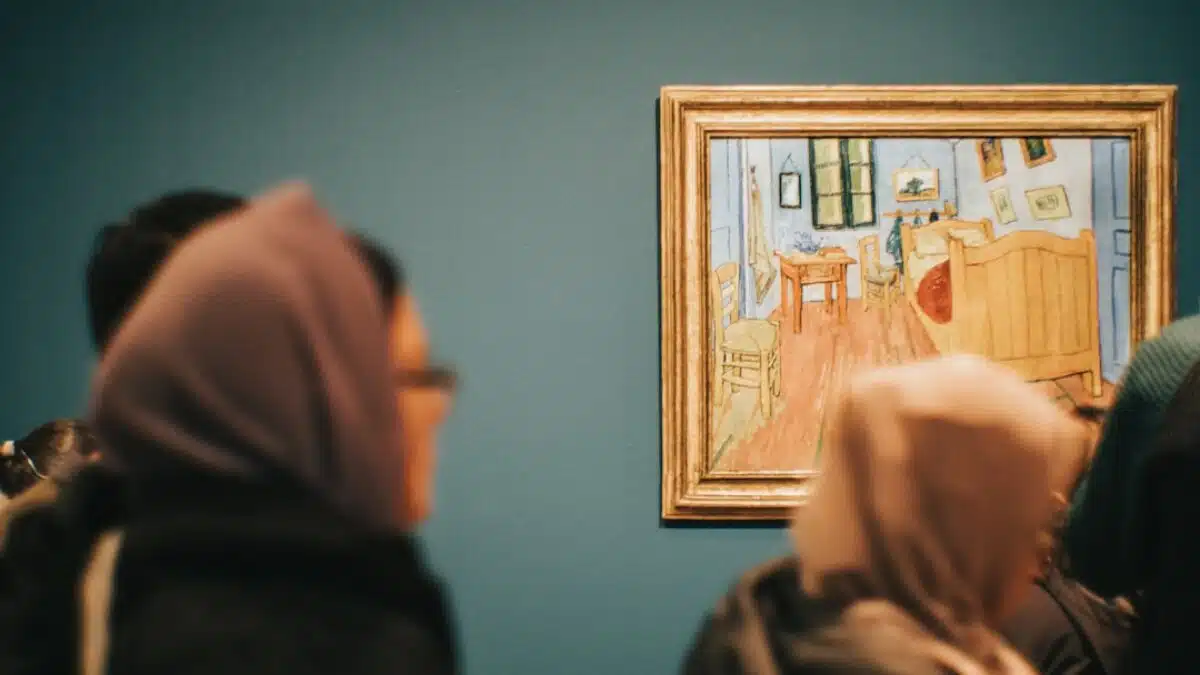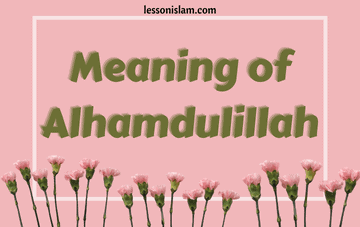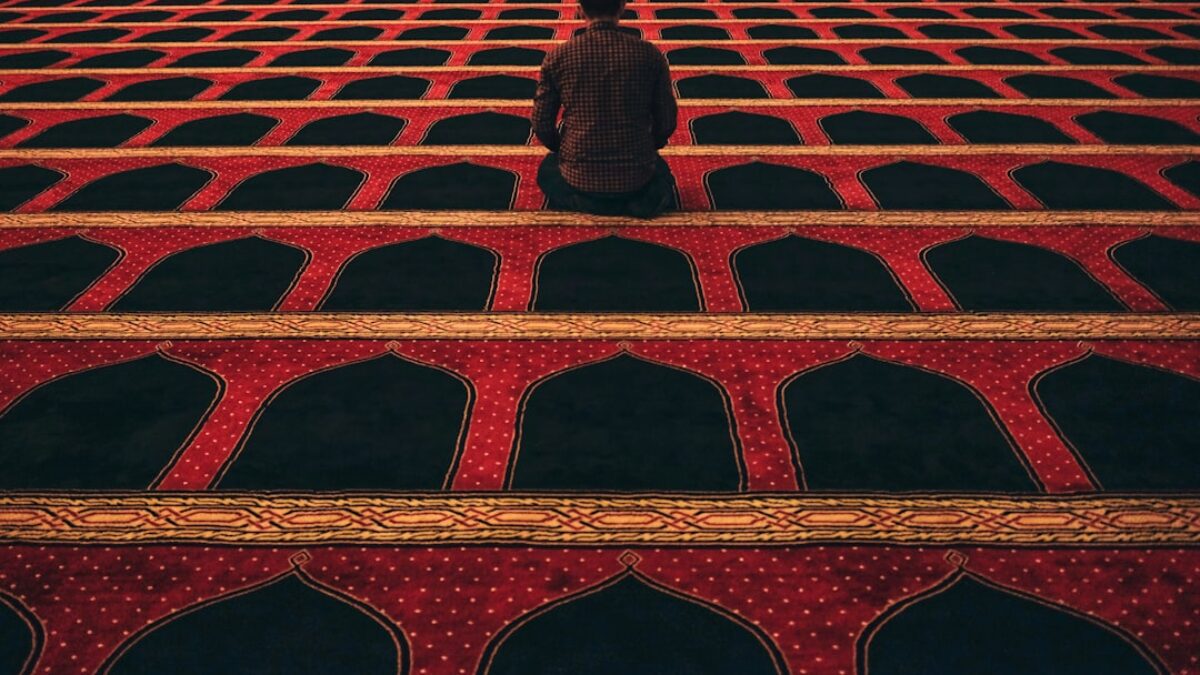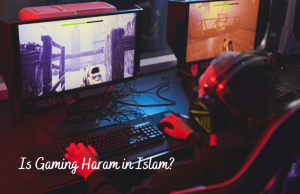Introduction
Effective communication is the cornerstone of any thriving community, and this holds particularly true in Muslim communities around the world. As diverse as they are, these communities encompass a multitude of cultures, languages, and traditions. Miscommunication and misunderstandings can lead to division, while well-crafted communication can foster understanding, unity, and cooperation. This article aims to explore the art of communication within Muslim communities, featuring in-depth research, real-world examples, authentic reviews from practicing Muslims, and practical tips for implementation.
Understanding the Landscape of Communication in Muslim Communities
Muslim communities can be found globally, each with its own cultural norms and practices. From the bustling streets of Jakarta to the tranquil neighborhoods of London, communication styles can vary significantly. A crucial starting point is recognizing that Islamic teachings emphasize the importance of communication. The Qur’an encourages Muslims to engage in dialogue, resolve conflicts amicably, and treat one another with respect.
The Role of Language
Language serves as the primary medium through which ideas, beliefs, and traditions are conveyed. In many Muslim communities, Arabic holds a special place as the language of the Qur’an. However, various vernacular languages—such as Urdu, Turkish, Bahasa Indonesia, and Swahili—dominate in daily interactions.
A study conducted by the Pew Research Center highlights that over 1.8 billion Muslims worldwide are not fluent in Arabic, leading to potential barriers in communication. This discrepancy emphasizes the need for inclusive dialogue that bridges linguistic divides. Effective communication strategies should also consider various dialects and local expressions, enabling members to share their emotions and thoughts authentically.
The Challenges of Communication
Misinterpretation and cultural misunderstanding can often create rifts within communities. One study from the University of Pennsylvania highlights that cultural context significantly influences how messages are received. For instance, a person who uses direct, explicit language might be perceived as blunt in a culture that values indirect, nuanced communication.
Consider the case of a community event in a multicultural mosque where the announcement is made only in Arabic. Non-Arabic speakers may feel alienated and excluded, undermining the event’s goal of fostering community spirit.
Real-World Examples of Effective Communication
To illustrate the positive impact that effective communication can have, let’s examine the experiences of two distinct Muslim communities.
- Muslim Women’s Cultural Exchange in Australia
In Sydney, a community initiative led by Muslim women aimed to create understanding between different cultural backgrounds. Through workshops where women shared their culinary traditions, stories, and experiences, participants learned not just about food but about each other’s struggles. A participant, Fatima, notes: “I never realized how much we have in common. It’s incredible that we could express ourselves through our dishes.”
- Youth Leadership Programs in North America
In North America, several mosques have turned to youth leadership programs to enhance engagement through open forums. These programs encourage young Muslims to voice their thoughts on social issues. Anecdotal evidence suggests that community youth, like Amir, feel more empowered: “It’s about us finding our voices and being heard. The dialogues have opened up real conversations about identity, faith, and culture.”
Authentic Reviews from Practicing Muslims
To further illuminate the importance of communication in Muslim communities, authentic reviews from practicing Muslims reveal personal experiences:
-
Ayesha, a Community Organizer: “In our community, miscommunication often leads to friction among families. I found that when we started having open forums with translators available, everyone felt more included. It transformed our interactions.”
- Zaid, a Youth Leader: “I noticed how the older generation often speaks in a different manner than we do. Bridging that gap has made it clear that we’re both on the same side. Sometimes it’s just about finding common ground.”
These testimonials underscore the necessity of adapting communication methods to cater to diverse groups within the community.
Practical Tips for Enhancing Communication
-
Foster an Inclusive Environment
To enable healthy dialogue, ensure that platforms for communication are inclusive. Use translation services when hosting events or discussions. In group settings, always provide opportunities for everyone to express their views.
-
Utilize Multiple Mediums
Not everyone prefers verbal communication. Consider a multifaceted approach that employs written communication, digital platforms, and even art. For example, utilize social media to create polls for community decisions, or host webinars that reach a broader audience.
-
Practice Active Listening
Listening is just as crucial as speaking. Encourage community members to engage in active listening exercises. This means focusing on what the other person is saying without planning your response in advance. Workshops on empathy and understanding can significantly enhance interactions.
-
Develop Conflict Resolution Mechanisms
Implement structured methods for conflict resolution that respects Islamic teachings, such as mediation. Community leaders can be trained to facilitate discussions and help mediate any misunderstandings.
-
Encourage Cultural Exchange
Promote events that celebrate diverse cultures and traditions within the community. These gatherings can serve as learning opportunities, allowing individuals to explore languages, customs, and histories.
FAQs
Q1: Why is communication important in Muslim communities?
A1: Communication is essential for fostering understanding, unity, and conflict resolution within communities that are often diverse in culture and language.
Q2: How can I encourage inclusivity in my community discussions?
A2: Consider providing translations for non-Arabic speakers, utilizing multiple communication platforms, and encouraging everyone to participate without judgment.
Q3: What are some tips for improving understanding between generations?
A3: Organize intergenerational workshops, encourage storytelling sessions, and provide safe spaces where both older and younger generations can share their perspectives.
Q4: How do I handle conflicts that arise from misunderstandings?
A4: Implement conflict resolution mechanisms involving community leaders, and emphasize communication and mediation grounded in Islamic principles.
Q5: What role does social media play in community communication?
A5: Social media can be a powerful tool for outreach, connecting people, and sharing important community events or dialogues, especially among younger members.
Conclusion
Building bridges through effective communication is essential for the well-being of Muslim communities worldwide. By fostering understanding, embracing diversity, and promoting open dialogue, these communities can navigate the complexities of modern society. As demonstrated through various examples and insights, the potential for growth and unity is immense.
Communities that prioritize clear, inclusive communication strategies not only enhance their internal dynamics but also serve as models for others. In our increasingly interconnected world, investing in communication is not simply beneficial; it is crucial for long-term sustainability and harmony. The challenge lies in our ability to listen, understand, and collaborate—essential skills that can elevate Muslim communities and set the foundation for a more cohesive future.
























Post Comment